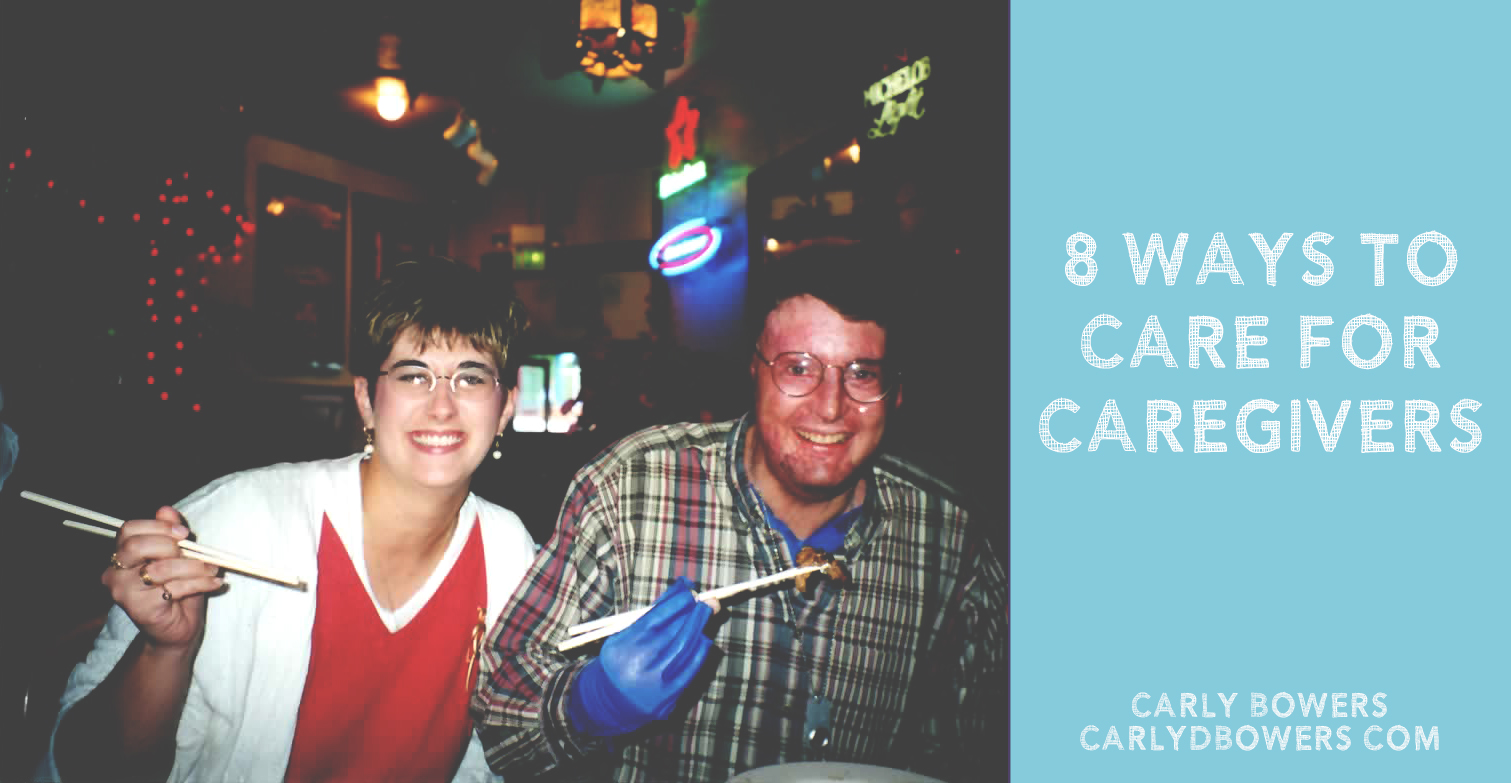 Growing up, my life was neat and tidy. So many things were clear-cut and simple. For so long, I was a student, a daughter, and a friend. I played those roles when the time called for it, and it seemed easy to me. Then I became a mom and suddenly was thrust into a world in which I was everything to my precious girl. I wasn’t just her mom; I was her chef, nurse, chauffer, teacher, disciplinarian, friend, and number one fan.
Growing up, my life was neat and tidy. So many things were clear-cut and simple. For so long, I was a student, a daughter, and a friend. I played those roles when the time called for it, and it seemed easy to me. Then I became a mom and suddenly was thrust into a world in which I was everything to my precious girl. I wasn’t just her mom; I was her chef, nurse, chauffer, teacher, disciplinarian, friend, and number one fan.
Then I got married, and roles became even less neat than they once were. I was a wife, friend, partner, co-decision-maker, and once again—a number one fan. Then David got hurt, and roles swirled and melded more than they ever had in my life. I was now a mom, playing all the roles that title brings, a wife, playing all the roles that title brings, and a caregiver. This was uncharted territory for me, and adjusting to the new title was one of the hardest things I’ve ever done. Juggling all these roles could be exhausting!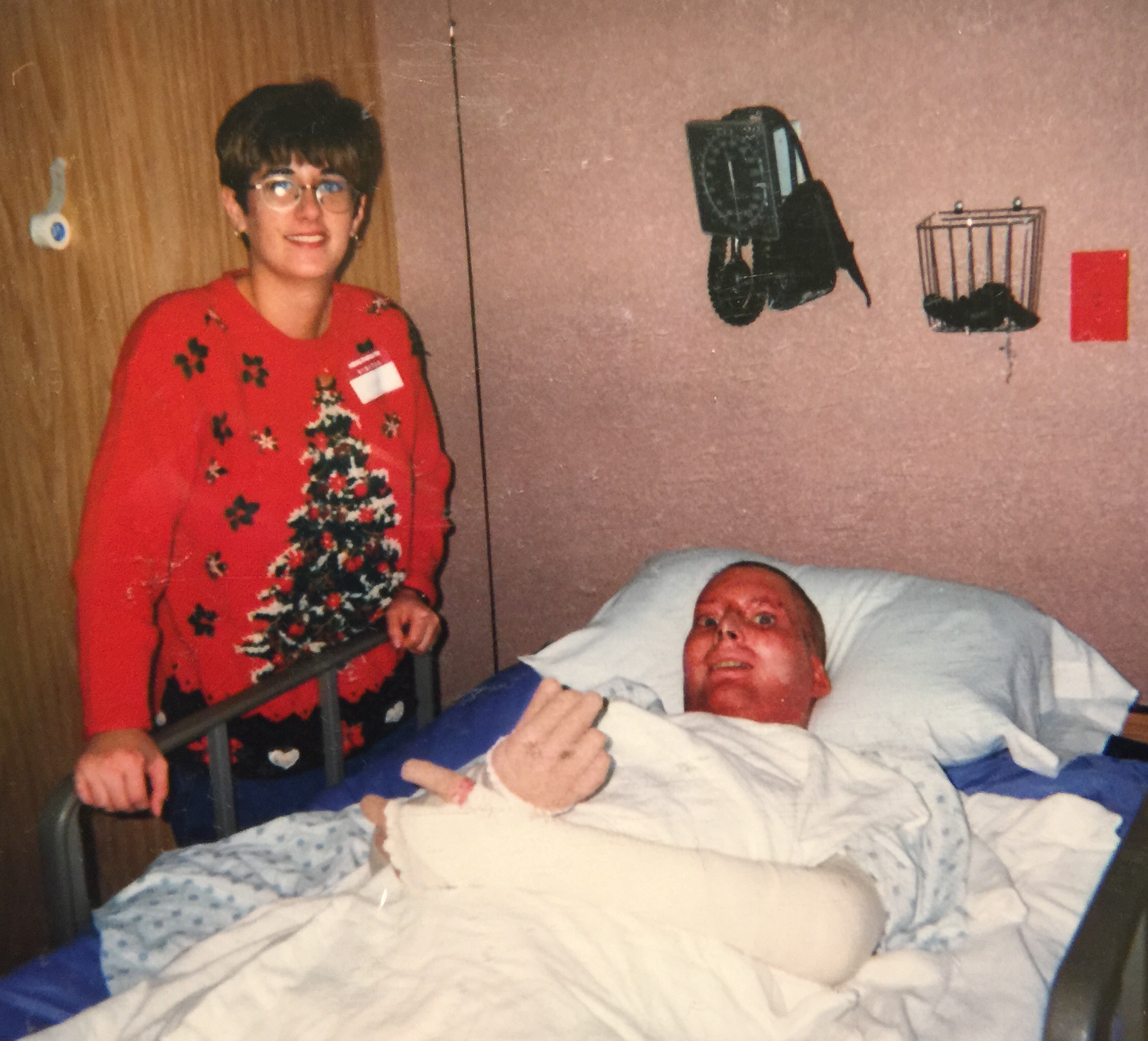
Most people (myself included) who are called to care for a family member aren’t trained professional caregivers- we were just thrown into this role because of life’s unexpected twists and turns. We try to do our best, but sometimes feel like we aren’t doing it well, or because we don’t have the necessary tools, we burn out because of the stress and exhaustion.
Here are some helpful hints on how to take care of yourself when you’re caring for a loved one that I’ve put together from what’s helped me in the past. I hope it gives you some practical ways to take care of yourself if you’re a caregiver, or even offer ways that you’d be able to help a friend or family member who has taken on the huge responsibility of being a caregiver.
1. Learn as much as you can so you can be your loved one’s advocate. Trust your instincts. Speak up if you need to. When David was in the Burn Unit, there was an aide that was a bit brash and tended to be a little too rough with her patients. I went to the Nurse Manager of the Unit and explained my fears and concerns and told her I didn’t want this particular aide working with my husband. Ever! My concerns were heard and changes were made.
2. Get rest, eat, and get some fresh air every day. David’s buddy, Rob would make sure I did these simple things when David was in the hospital. They might seem like no-brainers, but when you’re in the waiting room it’s easy to get caught up in the moment and to not take care of yourself because of the stress.
3. Take Care of yourself physically, emotionally and spiritually. It sometimes felt like I was being selfish by putting my needs ahead of David’s or my kid’s needs. However, if I never took care of myself, I wouldn’t be of any use to any of them. It’s not being selfish- it’s being practical. I really like the saying, “If Momma ain’t happy, ain’t nobody happy.”
4. Help your loved one maintain as much of their independence as possible. When you allow your loved one to do some things for themselves, it helps them maintain a sense of dignity and control and it allows you to do one less thing. I used to purposefully turn David’s t-shirts inside out when I was folding laundry so he would have to turn them the correct way before trying to dress himself. I wasn’t doing this to be mean. He needed to move his hands and arms and this was a way he could get some extra therapy in but it also gave him a sense of accomplishment as well. I also remember how hard it was to stand back and watch David struggle with feeding himself. It was such a slow and painful process. But I knew he had to do it on his own and that I couldn’t simply swoop in and do it for him. I needed to find times when it was safe for me to step back and let him do things.
5. You don’t have to do it all. Ask for help from family and friends. And better yet, be willing to accept help! Trust me, I know this is not an easy thing to do! We like to be the one helping others as opposed to having people help us but don’t let pride get in the way! If possible, hire medical staff or other professionals to assist you like home health aides, nurses or even housekeepers. We hired aides and nurses to help with David’s daily wound care and showering because I needed to step back from solely being in “nurse- mode” all the time and it allowed me to step back into being David’s wife.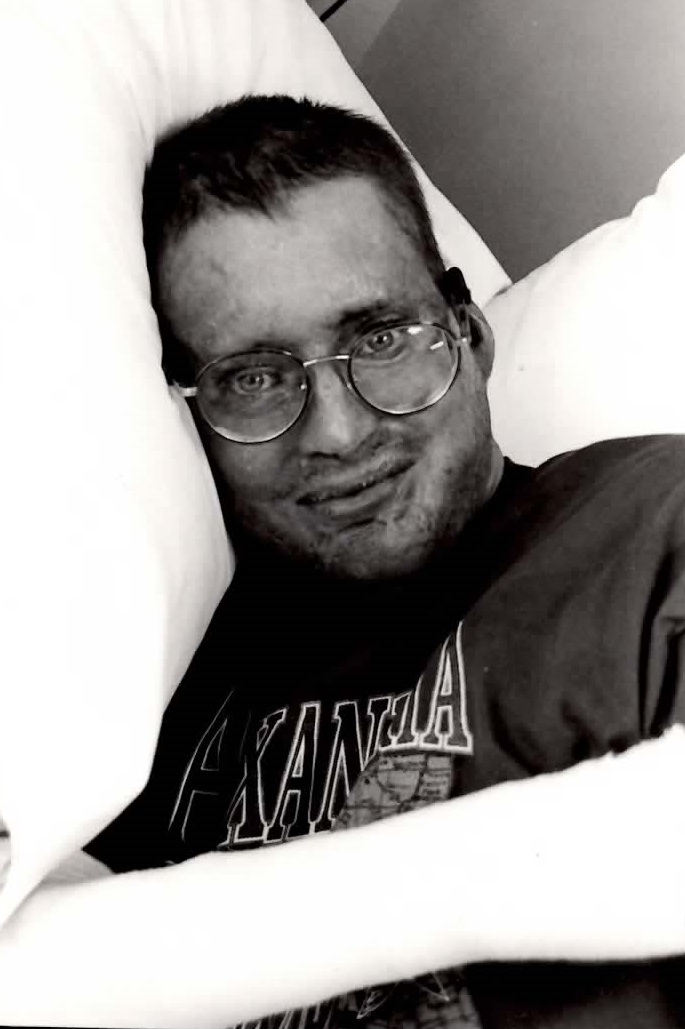
6. Get support from counseling or support groups. Find a network with others who’ve experienced a similar situation. It just helps to know you’re not the only one that’s ever been through this… We found the Phoenix Society for Burn Survivors within the first year. Teaming up with them gave us an instant sense of community. We belonged simply because we’d all gone through a similar experience. I didn’t have to explain anything to anyone because they knew what we were struggling with on a daily basis.
7. It’s ok to have feelings of anxiety/worry, anger, guilt, fear, despair… don’t try to stuff your true feelings or they come back and bite you in the hiney. Deal with your feelings. Grieve over what you’ve lost. I kept a journal to try to sort out my feelings. Sometimes I didn’t feel like I could voice my feelings to anyone because I wanted to make sure everyone thought I was OK but in order to deal with my emotions, I needed to release them on paper. This practice helped me not stuff my emotions.
8. Try to stay connected to your friends and life outside of taking care of your loved one. It’s ok to take a break, as hard as it might seem. I went home from the hospital on occasion, to be with our kids when David was in the BICU. It was a 2 ½ hour drive so it gave me a chance to think, or to call a friend or my mom to chat. Go out for lunch with a friend or have them bring lunch to you and just visit for a while. Don’t cut yourself off from the outside world, which is tempting because you are so overwhelmed with everything that needs to be done. After David was out of the hospital, my girlfriend, Helene, arranged for me to take a two day mini-trip to her home. She set up spa treatments. We went to dinner. While I couldn’t forget everything that was going on back home, it gave me a chance to get away from it for a few special days. Other times, our friends would pamper us with a “Girls Night Out & Guys Night In” evening where the men would stay at the house with David, grilling steaks and watching action movies while I went out to dinner with my girlfriends. Those were great moments and it gave us a chance to laugh once in a while.
This list is simple and not exhaustive, but my prayer is that it offers some practical help to a situation that seems too big to handle. Taking care of others is no small task, but it’s a precious one, and it’s important for caregivers to take care of themselves so we can continue to take care of loved ones. If we’re a mess, then we can’t meet the needs of others.
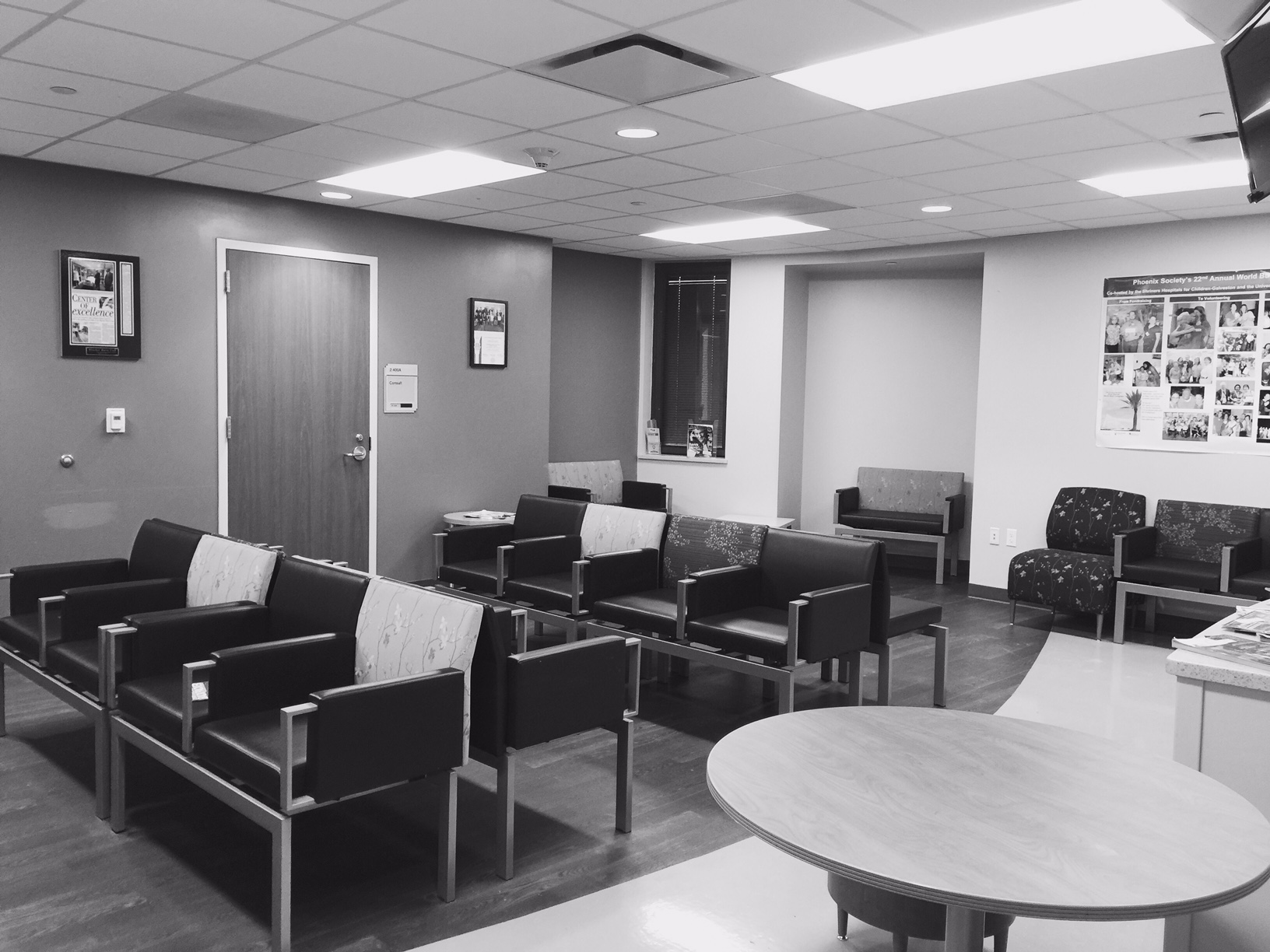
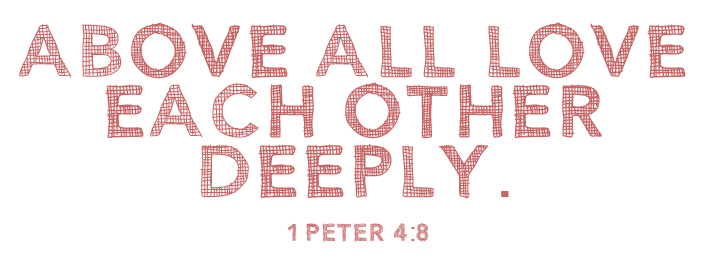
Well said, Carly. I recall those early days of trying to coax you to leave the Burn Unit for just a short time, and what a blessing Rob was when he convinced you to do that.
I know your words of wisdom, coming from your own experience, will be so helpful to other caregivers. Thanks for being willing to share with all of us.
I love you and am very proud of you.
Thanks, Mom.
Helping someone, or yourself, maintain a sense of dignity is so very important. A person cannot let his pride control him. Sometimes, you just have to let go.
Well said, Bob.